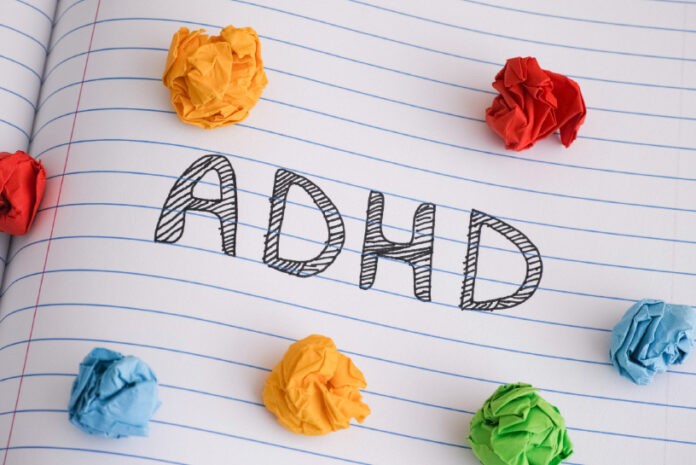By Dina Halaseh, Educational Psychologist
Does your child have ADHD or do you? Did you find the right support growing up?
ADHD is a topic we tackled extensively in Family Flavours, its sister publication Nakahat Ailiyeh, their affiliated YouTube channel through my vodcasts, our joint events and outlets. Yet, I cannot stress enough the importance of continuing to shed light on this topic.
Many parents and students are misdiagnosed as having ADHD and many are struggling with no one to help-this is where the importance of awareness comes in.
What is ADHD?
Before we speak about the diagnosis, let’s first understand what ADHD is. According to the American Psychological Association, “ADHD, or attention-deficit/hyperactivity disorder, is a behavioural condition that makes focusing on everyday routines challenging.”
People with ADHD typically have trouble getting organised, focusing, making realistic plans and thinking before acting. They may be fidgety, noisy and unable to adapt to changing situations.
How to accommodate for ADHD
In order to accommodate students with ADHD we need to focus on the following:
Extra time and separate room: Many students who struggle with ADHD have the option of sitting for their exams in a separate room with no distractions as well as getting an extra 25% time to finish their exams. If you feel that your child might benefit from this, ask your school to accordingly accommodate during exams.
Classroom Adjustments: Sometimes a simple flexible seating arrangement can help a student deal with ADHD. Allowing some room to wiggle, move, or stand up, can do wonders. How far the seating is from the teacher or the high density student area, are also factors that should be considered by teachers
Building organisational skills: Since people with ADHD struggle with getting organised or in planning, helping them build these skills and giving them different tools that can be used to help them on a daily basis, is vital. Having a written schedule, for example, can help students work according to a set plan. Using calendars, alarms, reminders can also help them manage their time better. Teaching them note-taking- skills as well as colour coding their material and notes can sometimes aid in their learning process
Train their skills: Training their attention skills and increasing their focus, are the number one priority for parents and teachers alike. Attention, just like any other skill, can be trained gradually. Starting with a mini goal of focusing for a few minutes then pushing a bit more regularly will result in a better attention span. This can be turned into a fun activity where you, as a parent, can try to distract your child on purpose and if they continue with focusing, they win, if they don’t, you do. Keep it light and fun-this is key!
There may be other accommodation options that might work for your child. Eeach child might require different steps to help ensure their success. So, it is best to consult an expert to advise what can be done and how best to serve your child inside the classroom and outside, so your child may shine!
You can contact Dina Halaseh at [email protected]






